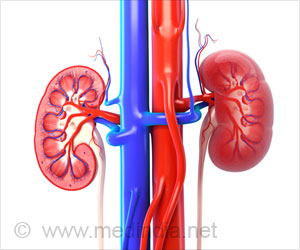Fatty acids were found to have a direct influence on the development of stem cells, said researchers. The finding opens new avenues for stem cell research.

‘Bone healing occurs in one of two ways: the progenitor cells evolve into bone-forming cells when the fracture is small, and into cartilage cells when the fracture is bigger. This cartilage is later replaced by bone.’





"Our hypothesis was that the presence of blood vessels plays a role," explains first author Nick van Gastel. "Despite what many people think, our bones are full of blood vessels, while cartilage does not have any." This new study on mice confirmed the team's assumption: when blood vessels surrounding a fracture were blocked, cartilage was formed. When they were not, new bone was created immediately. In a second phase of the study, the researchers tried to find out which signal the blood vessels actually send to the progenitor cells to make them evolve into either a bone or a cartilage cell.
"Our previous research had already shown that nutrients play a role in the biology of progenitor cells," explains Professor Geert Carmeliet from the Clinical and Experimental Endocrinology Unit at KU Leuven, who led the study. For the current study, the team tested how the presence of different nutrients influences progenitor cell fate. Their results show that the fatty acids present in blood cause progenitor cells to grow into bone-forming cells.
If there are no fatty acids nearby, progenitor cells activate the SOX9 gene, which plays an important role in skeletal development. This is the signal for the cell to become a cartilage cell. Cartilage cells do not need fatty acids to survive and form cartilage.
"This study is useful for researchers in regenerative medicine, since we still know little about cartilage formation," says Professor Carmeliet. "Research into cartilage disorders such as osteoarthritis may also benefit from these findings. There are indications that cartilage cells receive more fatty acid signals and don't produce enough of the SOX9 gene in patients with such disorders, which can have adverse effects on the joints.
Advertisement
Source-Eurekalert















